Artificial intelligence chatbots have made significant strides in recent years, but when it comes to humor, they’re still falling flat. Despite being equipped to handle complex queries and provide detailed information, AI chatbots like OpenAI’s ChatGPT and Google’s Gemini struggle to produce jokes that land well with human audiences. A recent study by Google’s DeepMind sheds light on why AI-generated humor remains “bland” and overly politically correct, posing a challenge for tech giants eager to make their chatbots more engaging.
In a study published earlier this month, researchers from Google DeepMind revealed that AI chatbots lack a sense of humor. The study involved 20 professional comedians from the UK and Canada, who use AI in their work, to test the joke-writing capabilities of ChatGPT and Gemini. The findings were clear: the chatbots produced jokes that were uninspired and lacked the edge often found in human humor.
One of the key issues identified was that the chatbots avoided any potentially controversial material. The jokes they generated stayed away from sexually suggestive content, dark humor, and anything that could be deemed offensive. This tendency to self-censor resulted in jokes that were “bland” and “generic,” according to the comedians involved in the study. One participant noted, “Usually it can serve in a setup capacity. I more often than not provide the punchline.”
The study highlighted that while self-moderation is essential, the chatbots’ over-cautiousness stifles creativity. One comedian, who prefers dark humor, expressed frustration with the chatbot’s reluctance to generate content that wasn’t overly sanitized. They explained that the chatbot would avoid producing darker material, erring on the side of extreme caution.
Moreover, the chatbots’ attempts to be politically correct often led to absurd levels of self-restraint. For instance, one comedian recounted how the AI refused to write a comedic monologue about Asian women, citing a commitment to fostering a respectful and inclusive environment. Yet, when asked to write about a white man, the chatbot obliged without hesitation.
The limitations of AI humor are not just an academic concern; they pose a significant problem for tech companies. As the market for generative AI becomes increasingly competitive, the ability to engage users with humor is a crucial differentiator. Companies like Google and Amazon are investing heavily in making their chatbots more entertaining. Elon Musk, for example, has set a goal for his AI chatbot Grok to be the “funniest” AI, criticizing other chatbots for being too “woke,” according to an article on Yahoo News.
Amazon-backed Anthropic is also in the race, working to make its chatbot Claude more conversational and better at understanding humor. OpenAI, too, seems to be aware of the humor gap. In a demo video released last month, a user tells GPT-4 a dad joke, and the model responds with a laugh.
Despite these efforts, the journey to making AI truly funny is far from over. The challenge lies in balancing humor with appropriateness and creativity without veering into offensive territory. As AI continues to evolve, perhaps one day it will be able to deliver jokes that not only amuse but also reflect the nuanced, diverse, and often unpredictable nature of human humor.
For now, it seems that AI chatbots still have a lot to learn from their human counterparts when it comes to cracking a joke.
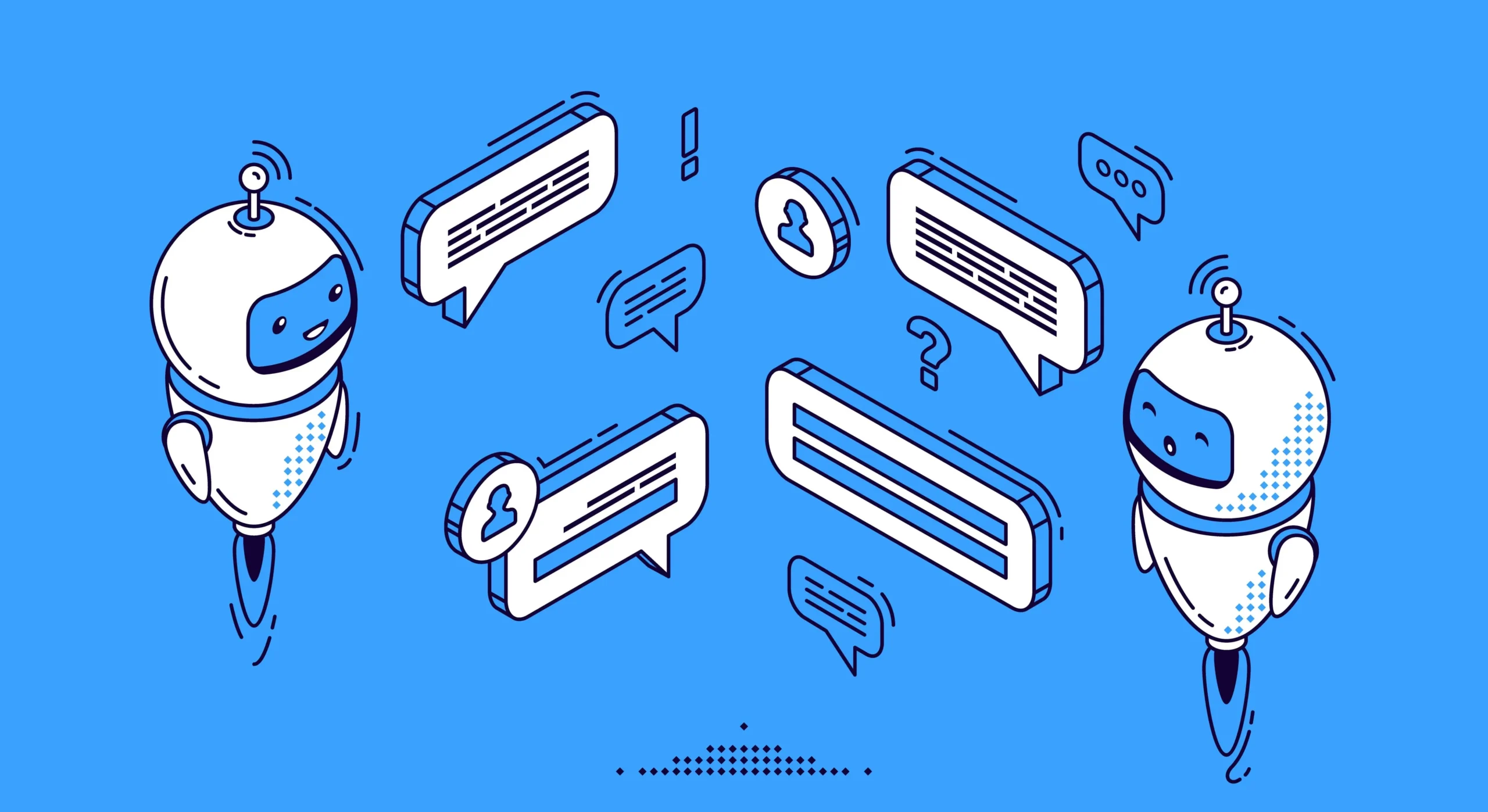
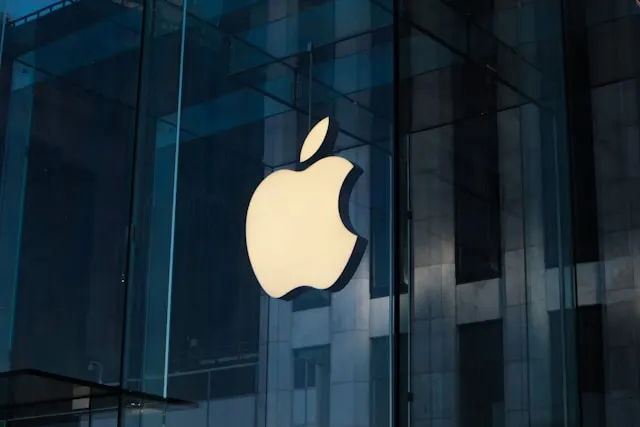

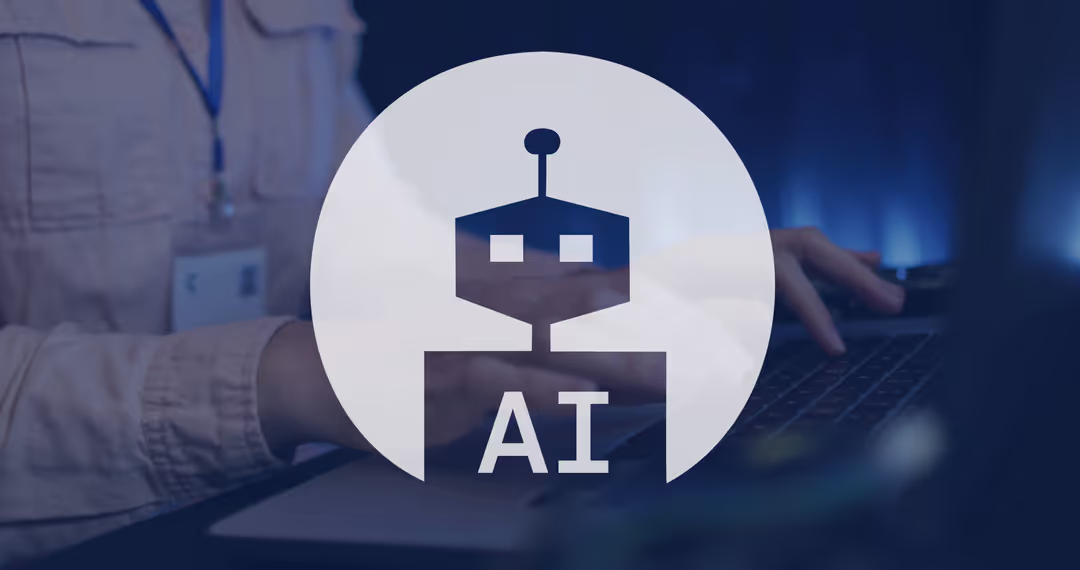
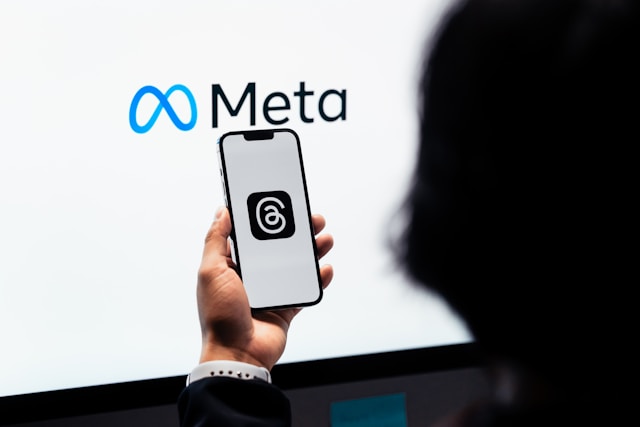




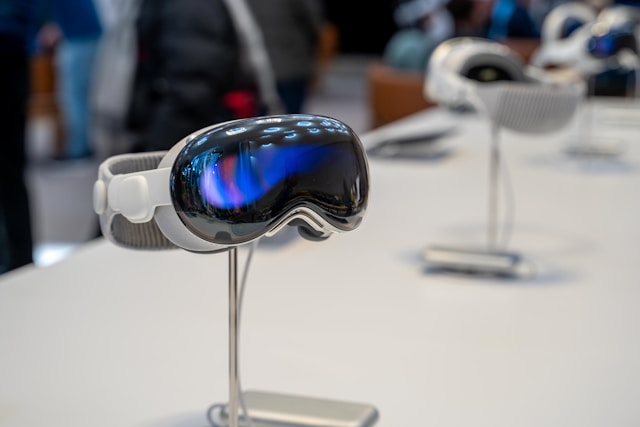
Leave a Reply